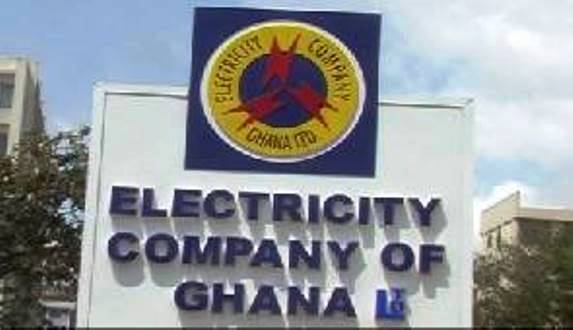Ranking Member of the Energy Committee of Parliament, John Jinapor has revealed that the Electricity Company of Ghana (ECG) owes a staggering debt of $1.5 billion.
Jinapor attributed this substantial debt to ECG’s failure to meet payments to Independent Power Producers (IPPs) and its inability to fully settle bills for purchased electricity.
He further criticized ECG’s purported wasteful expenditure on unnecessary supplies such as cables, dysfunctional meters, and what he deems as undeserved contracts.
Highlighting the severity of the situation, Jinapor referenced a report from the Public Utilities Regulatory Commission (PURC) he has sighted that indicates ECG’s tendency to mismanage funds, citing instances where substantial sums were not allocated to debt repayment but instead spent frivolously.
“ECG owes $1.5 billion, when they take the money from Ghanaians, they fail to pay the IPPs and use the funds to do whatever they want with it and they fail to pay the full price of the power they purchase and PURC has brought a report that when ECG comes in possession of a substantial amount of money they refuse to pay the debt they owe, they spend the money recklessly, and this is an official report from the PURC.
“Some of the things they buy, they don’t even need it, and now they want to be buying fuel, which is not even their core duty, all these are a reason the finances aren’t adding up,” he said.
In a phone-in interview with Nana Yaa Brefo and Isaac Ekow JB on Onua FM, Jinapor emphasized the need for accountability, suggesting that the National Democratic Congress (NDC) will report the accumulating arrears to the International Monetary Fund (IMF) if the New Patriotic Party (NPP) government fails to address the issue before the 2024 elections.
According to IMF conditions, countries receiving assistance should not have arrears. If the arrears continue to accumulate, there might be another domestic debt exchange, where existing debt is restructured or replaced with new debt.
Jinapor outlined that when such a situation happens at a time when the NDC has taken office, Ghanaians have the right to know where the debt crisis all began and how it started, hence their pending report to the IMF.
He stressed that such debts ultimately burden all Ghanaians, necessitating collective responsibility for resolution to prevent adverse effects on the economy, including inflation and currency depreciation.


